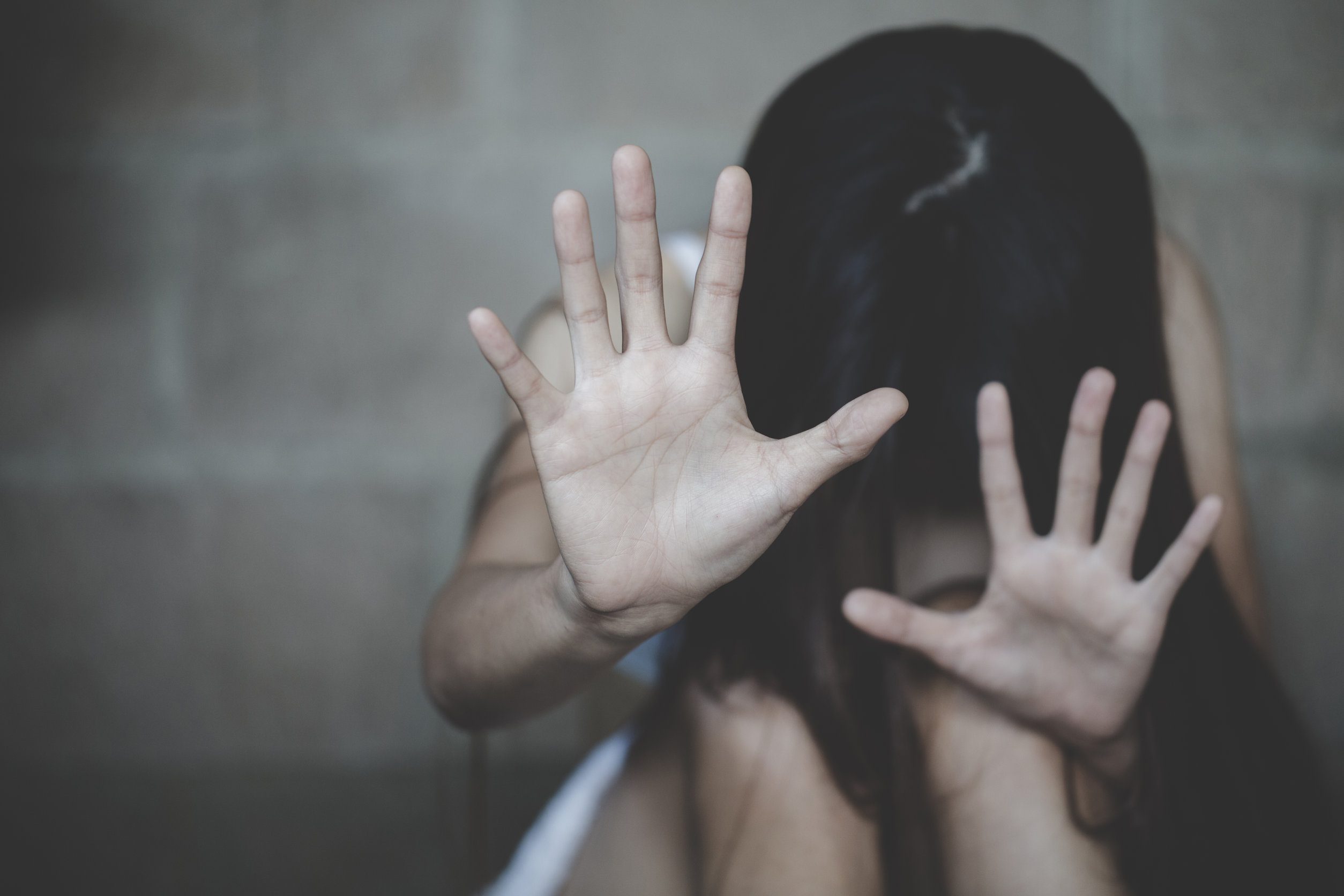- Home
- THE FIRM+
- Criminal Defense+
- CASE RESULTS
- AREAS WE SERVE+
- FAQ’s
- Blog
- Contact
AZHARI LLC BLOG

Posted By: Sami Azhari
Category:
Sex crimes are taken very seriously in Illinois, and the associated penalties are often quite harsh – including no-contact orders.
Illinois just changed the law to give victims of sex crimes the ability to get no-contact orders — for life — put on those who perpetrated the sex crimes. Previously, victims would have to come face-to-face with the accused in court every two years to have the no-contact order renewed for another two years.
What does that mean for someone who has been convicted of a sex crime? Read on to find out about that, what happens if a no-contact order is violated, and other penalties associated with sex crimes in our state.
What Crimes Are Considered Sex Crimes in Illinois?
Sex crimes are varied in Illinois and there are many situations in which someone can be charged with a sex crime. Sex offenses in our state include:
- Indecent exposure
- Solicitation
- Prostitution
- Possession of Child Pornography
- Child Sex Trafficking
- Sexual Contact with a Minor
- Fondling a Child
- Sexual Assault
- Sexual Battery
- Aggravated Criminal Sexual Assault
- Statutory Rape
- Predatory Criminal Sexual Assault
Sex offenders, aside from being subject to no-contact orders, are also required to register as sex offenders in our state. This registry keeps track of your personal information, including your address, so that law enforcement is aware of what you are. This registry is available to the public.
No-Contact Orders in Illinois
The type of no-contact order issued to victims of sex crimes in Illinois is called a civil no-contact order. It is designed to offer a level of protection to victims and is available to those who are victims of sexual assault, sexual abuse, or rape.
Civil no-contact orders are something made available to all victims of sex crimes, no matter what the relationship to the person convicted of the crime.
When a no-contact order is issued by the court, then the perpetrator cannot contact the victim in any direct or indirect way. They cannot visit them at work, school, or home, or otherwise commit any type of action that can lead to the harm of the victim.
Violating an Illinois No-Contact Order
Violations of no-contact orders are taken very seriously. If you are under a no-contact order and violate it, then that is considered an action in contempt of court and you will be subject to penalties for it.
How do you violate a no-contact order in the state? It can be easy to do. These types of actions are considered violations if a no-contact order is in place:
- Contacting the victim by phone, email, mail, text, social media, or even through another person
- Not staying away from the victim’s place of employment
- Refusing to move out of your residence if you live with the victim named in the order
- Not complying with child visitation rules imposed by the court
- Making threats of physical abuse toward the victim
- Not paying child support as ordered by the court
Prosecutors have the job of showing the court that you violated the order in some way. To do so, they must prove that a no-contact order was in place, that you knew about the order, and that the order was intentionally violated.
Penalties for the Violation of No Contact Orders in Illinois
In general, it’s a Class A misdemeanor to violate an Illinois no-contact order. That may not sound too serious, but it could put you in jail for up to 12 months and make you responsible for paying up to $2,500 in fines. You may also be required to relinquish any firearms you own, pay restitution to the victim, and attend counseling as ordered by the court.
However, if you continue to violate a no-contact order, it can be charged as a Class 4 felony. For this violation, you can spend as many as three years behind bars and be responsible for fines for as high as $25,000.
It’s important to also realize that collateral consequences are a part of the process, too. Not only does a sex crimes conviction go on your criminal record, but any violation of a no-contact order does as well. That can limit where you work, where you live, and even if you are able to go to school. It’s a crime that will follow you around for life, even after you’ve served any sentences associated with it.
If you’re accused of a sex crime, understand the case against you and your rights to ensure that you get a fair trial and the best chance at a normal life.
About the Author
Sami Azhari has been working as a lawyer since 2007, after receiving his Juris Doctor from the Michigan State University College of Law. He has handled numerous state and federal cases, and is known throughout the Chicago and Rolling Meadows area for providing his clients with high-quality, skilled representation. He has been recognized by Avvo (2013 and 2018), SuperLawyers (2015-2020), The National Trial Lawyers, and other notable organizations, and has spoken at a number of legal conferences.



























































